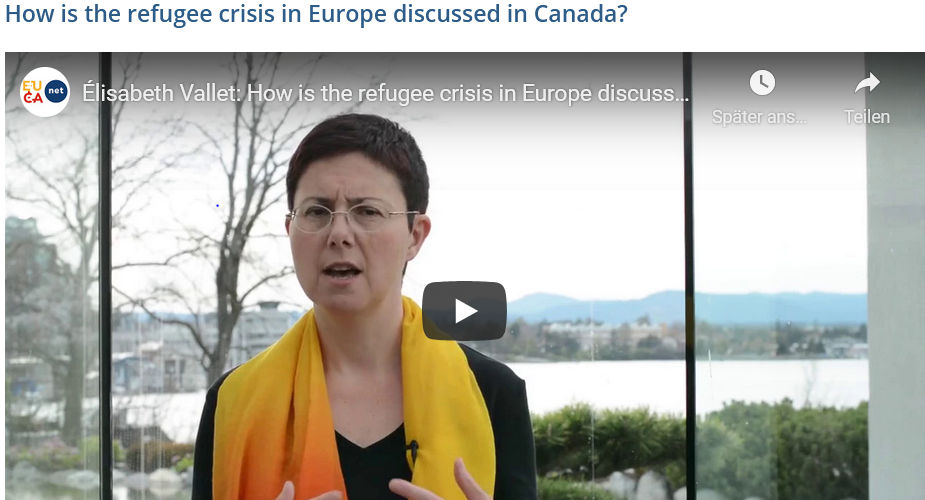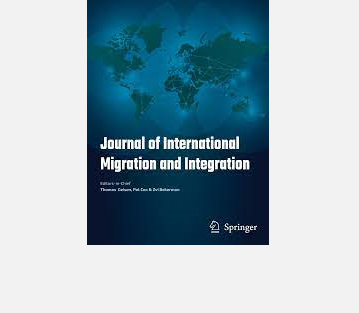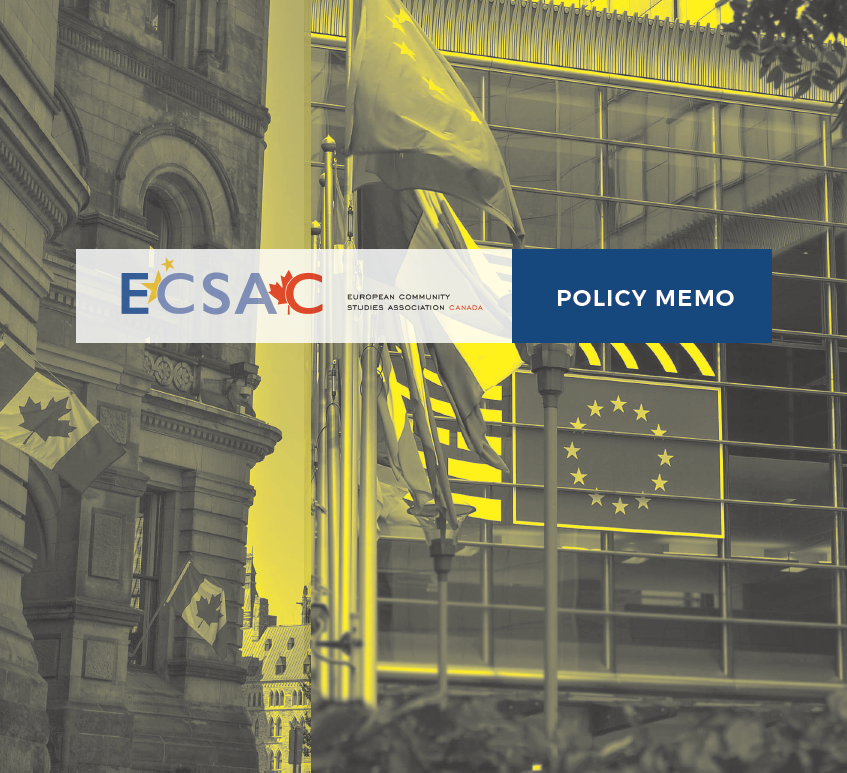Economic Cooperation in Difficult Times
by Kurt Hübner and Armand de Mestral
Political and Economic Relations The economic relationship between Canada and the European Union (EU) has undergone considerable evolution in recent years. This chapter examines the many changes that have taken place and the challenges that they raise, from both the economic and the legal perspective. First and foremost is the Comprehensive Economic and Trade Agreement (CETA) that eventually came to a conclusion and awaits ratification. This agreement came along a winding road, and now only needs to pass ratification hurdles. The second big topic has to do with the general state of the global economy, and in particular with the Eurozone crisis that had implications for both entities.
Political and economic relations between Canada and the EU experienced a critical widening and deepening over the first decade of the 21st century. Both entities agreed to engage in negotiations about a Comprehensive Economic and Trade Agreement that is meant to create mutual economic benefits and to move Canada and the EU to the forefront of global trade arrangements (Biuković, 2016). In 2014 the EU and Canada closed in on a Strategic Partnership Agreement that supposedly allows for ever closer cooperation in foreign policy affairs. About ten years after the start of first talks on CETA the EU Commission and Canadian Government signed a final text on October 30, 2016; the agreement could then be provisionally applied and enter its ratification phase in early 2017. This time table, however, only works if the Commission on the one side and governments of EU member states on the other eventually agree on the character of the agreement (Hübner, Balik, and Deman, 2016). Sadly, doubts remain as a consequence of the decision to consider CETA to be provisionally applied as a mixed agreement (de Mestral, 2016). CETA is ambitious, not only because it sets new norms and rules in a large number of economic sectors but also because it comes with new elements, most prominently with the (partial) opening up of public procurement markets. It can be expected that this opening of a widely closed market will add competition, probably more so in Canada than in the EU. The adoption of an Investment Tribunal process in the Investment chapter constitutes a major development.








